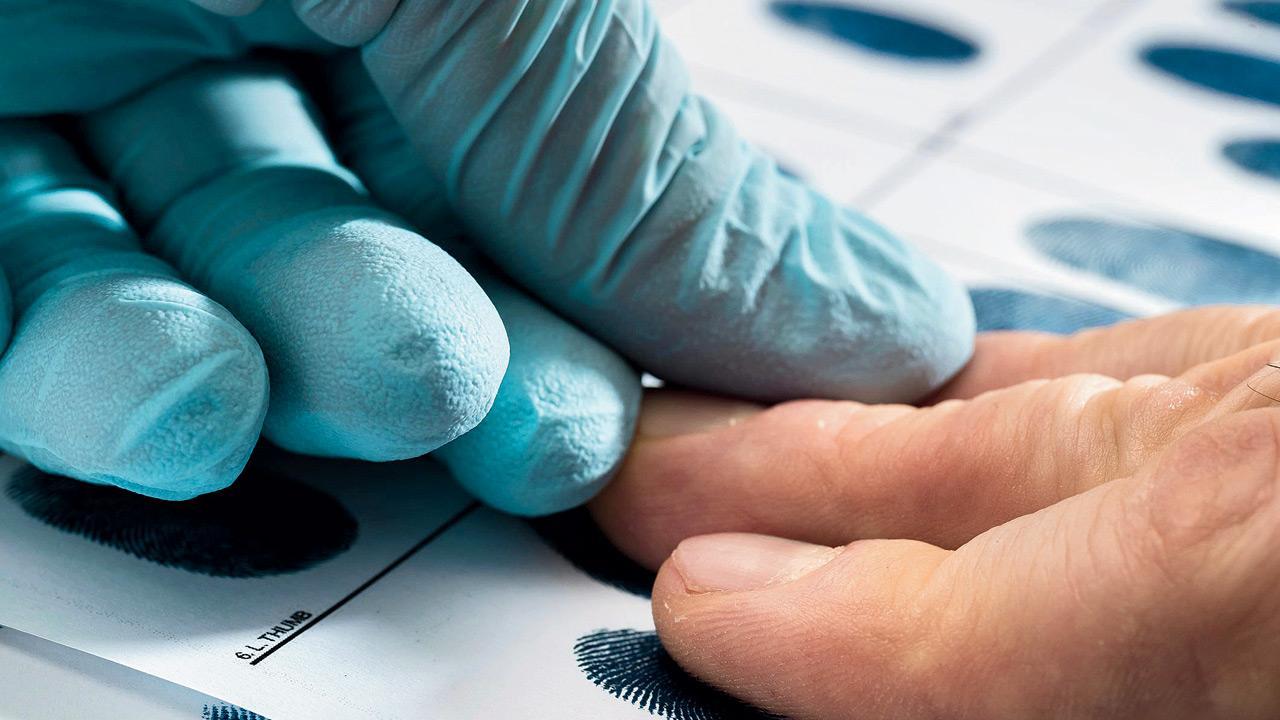While some call it attempt at privacy infringement, others say old Act was obsolete and did not serve any purpose

The collected biosamples will be sent to National Crime Record Bureau (NCRB) to store for a period of 75 years
The Criminal Procedure (Identification) Bill, 2022, introduced in the Lok Sabha on Monday, has become a talking point among lawyers. While those favouring the Bill say that the Prisoner (Identification) Act, 1920, was 102 years old and had its limitations, others claim the new Bill is an attempt at privacy infringement. Irrespective of opposition and subsequent trust vote (120 members in favour and 58 against the Bill), the Criminal Procedure (Identification) Bill, 2022, was cleared in the Lok Sabha.
ADVERTISEMENT
The Bill empowers the police to collect physical and biological samples of those who are detained, arrested or convicted, and collect their finger, palm and footprints impression. As per the Bill, the police can also collect their photographs, iris and retina scan, analysis of physical and biological samples, including extraction of DNA and behavioural attributes such as signature and handwriting. The collected samples will then be sent to National Crime Record Bureau (NCRB) to store the same for a period of 75 years. These stored details can be shared with any state or central agencies, as required.
The triple test
Let hundred guilty be acquitted, one innocent shall not be convicted. “The Criminal Procedure (Identification) Bill, 2022, repeals the Identification of Prisoners Act, 1920. The Bill has to pass the triple test as held by the Supreme Court in Selvi v/s State of Karnataka which is (i) a violation of fundamental rights under Article 20(3) of the Constitution of India. (ii) breach of right to privacy under Article 21 of the Indian Constitution. (iii) right to remain silent under section 161 of the Criminal Procedure Code, 1973,” said Advocate Shreeprasad Parab.
“The Bill shall also not violate the cardinal principle of Criminal Justice and the Burden of Proof as per the Indian Evidence Act, 1872, which is based on the maxim – Ei incumbit qui delicit con qui negat (a principle that one is considered innocent until proven guilty). Therefore, we all accept that law should change with society, keeping intact the Constitutional principles and the fundamental rights of every person,” Advocate Parab said.
Effective control of crime
“The introduction of the new act is long-awaited. It rightly replaces an old Act that had become obsolete and was not serving any purpose. The Act would use the latest technological advancements for effective control of crime and unearthing of the criminals. The Act will also be useful for the prevention of crime and for maintaining the data of criminals. But the Act, once enacted, would be required to overcome the hurdle of a ruling of the Supreme Court in the KS Puttaswamy matter. Though not going ahead with such an act in the name of the right to privacy will do more harm to society than good. In the end, a word of caution, that a strong mechanism is to be devised to prevent misuse of the data collected,” said Advocate Dinesh Tiwari, a criminal lawyer.
Breach of privacy
Advocate Rohini Salian, former Chief Public Prosecutor, said, “We must understand that procedural laws are meant for enabling the police officers to carry out investigations as per the procedure laid down in the CrPC. The latest bill has not stated the very reason for preserving details for as long as 75 years, with NCRB or any other agency. We already have certain provisions under the law where such samples are collected for specialised investigation viz terrorism and anti-national activities. However, if police start collecting and persevering iris/retina scans, fingers and footprints including biological evidence in every case, then it is nothing but misuse of blanket power and encroachment of privacy of individuals, who are either picked up on suspicion or the offences committed are petty in nature.”
“Also narco test and brain mapping are not considered as pure science, unlike finger, palm or footprints, as it matches with crime scene analysis of the suspect. Even the Supreme Court has stated that narco analysis and brain mapping cannot be used as evidence, but it can be used as a tool for investigating a case. This would be a futile, time-consuming exercise, which will cost the public money and in no way it will lead to improving the conviction rates,” said Salian.
Make it optional
“If this Bill is passed, it would become a draconian law as it would destroy the right to privacy and the Constitutional mandate that none can be forced to be a witness against himself. However, if this is to be avoided, then the giving of biometric data must be made optional. The option may be exercised by the accused himself when he is confident that his biometric data would establish his innocence,” said Advocate Rajeshwar Panchal, who practices criminal law.
 Subscribe today by clicking the link and stay updated with the latest news!" Click here!
Subscribe today by clicking the link and stay updated with the latest news!" Click here!







